Advertisement
There’s no denying it—language models are changing the way we work, learn, and even talk to machines. Not long ago, most people saw AI as something tucked away in labs or big tech offices. Today, it’s in classrooms, courtrooms, and customer service chats. Large language models (LLMs) have stepped out of research papers and into daily routines. And the best part? They’re doing more than just spitting out sentences. They're helping us think, create, and move faster without burning out. Let’s take a closer look at where LLMs are showing up in real life—and why that actually matters.
You’ve likely chatted with a customer support bot at some point. What used to be dry, scripted, and frustrating has gotten a major upgrade thanks to LLMs. Instead of repeating the same old responses, these models now handle full conversations with surprising context and calmness. They remember what you asked. They don’t get confused halfway through. And when they don’t know something, they can pass it on to a human—without losing the thread.

Writing takes time. LLMs cut that time down without cutting corners. In law firms, they help draft contracts that are easy to edit but still follow the structure. In offices, they help write clear emails that don’t feel cold or cluttered. Even in medical centers, professionals use them to write patient notes. The idea isn’t to replace the writer—it’s to help the writer get unstuck and move forward.
Teachers have found good use for these tools in ways that go beyond grading or quizzes. LLMs can break down tough topics for students in a simpler way, offer extra practice without repeating questions, and even role-play historical figures during lessons. For students, it's like having a 24/7 tutor who doesn't mind repeating itself or explaining things five different ways until it finally clicks.
Developers have always relied on forums or coworkers when stuck. LLMs have changed that. Now, you can ask for help in plain English, and the model will not only explain what’s wrong with your code but also offer suggestions that actually make sense. These tools work well for beginners learning to code and professionals who need a second pair of eyes. And they’re not just answering—they’re showing the logic step-by-step.
While no AI should replace your doctor, LLMs have been useful for general advice. Think of symptom checkers that don't just throw a list of diseases at you. These models ask follow-up questions, explain why something may matter, and help you figure out when to call a professional. Some mental health apps also use LLMs to offer reflective journaling prompts or mood-tracking conversations that feel natural rather than clinical.
Search used to mean typing keywords and clicking through a bunch of links. Now, LLMs let you ask full questions—and get full answers. This changes how people find recipes, compare products, or even settle trivia debates. They also help filter through noise and point users toward what actually matters. It’s not just about speed—it’s about giving you fewer tabs and more clarity.
We’ve had translation tools for years, but anyone who’s tried to use them knows they can feel clunky. LLMs improve this by looking at the entire sentence—or even the full conversation—and keeping the meaning intact. This helps in business meetings, international customer support, and travel. The tone sounds human, the phrasing makes sense, and the awkward gaps start to disappear.
Marketing teams have found LLMs to be incredibly useful, not for replacing their writers, but for speeding things up. Need ten product descriptions before lunch? Done. Need to brainstorm blog titles without sounding stale? Handled. These tools offer a head start and help avoid blank-page syndrome. The final polish still comes from a human, but the heavy lifting feels lighter.
In the legal world, accuracy is everything—and LLMs are being used to sift through documents faster than any person can. That’s not all. They summarize case files, point out inconsistencies, and highlight relevant details. While no one’s letting them argue in court (and shouldn’t), they’re making the research process less of a time drain and more of a starting point.
Voice assistants have become smarter thanks to LLMs. Instead of barking commands and hoping the assistant gets it right, users can now speak naturally. Want to schedule a meeting and move to another? The model can follow through. Need a recipe based on what's in your fridge? It'll offer suggestions that actually match. The conversations are smoother, and the assistant doesn't feel like it's guessing anymore.

Job seekers are turning to LLMs for help beyond just fixing typos. These models can suggest stronger action verbs, highlight skills based on the role, and even tailor a resume to match a job listing without sounding robotic. Some platforms also use them to prep for interviews—offering sample questions and guiding users on how to talk about experiences in a way that's confident but not scripted.
For people who aren’t confident with writing—small business owners, freelancers, or non-native English speakers—LLMs fill a specific gap. They clean up rough drafts, fix tone mismatches, and help users say what they mean without overthinking it. It’s not about adding fluff—it’s about making sure the message lands clearly. That kind of help isn’t just useful—it’s freeing.
LLMs aren’t here to take over—they're here to take the edge off. The best use cases aren't the flashy ones. They're the everyday moments where things run smoother: a clearer email, a faster search, a less confusing health question, or a tutor who doesn't mind late-night questions. That's the real value. Not magic. These are just small improvements that add up. And from the way things are going, they're only getting better at it.
Advertisement

Discover 8 AI tools every content writer should use to save time, improve quality, and streamline content creation tasks.

Google Veo 2 review highlights its advanced video generation tool capabilities while raising serious AI video model concerns
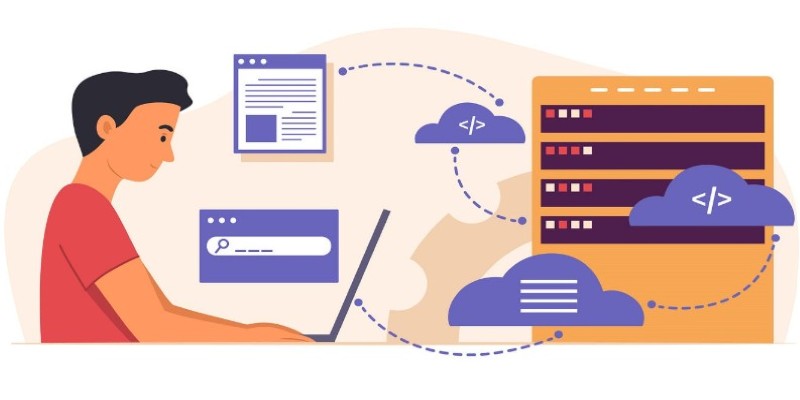
Explore how the SQL NOT IN operator really works, where it can trip you up, and how to use it safely without running into hidden pitfalls like NULL values or performance slowdowns
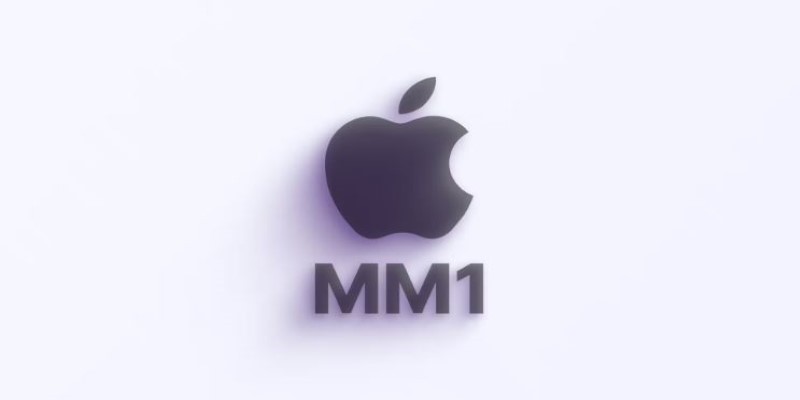
What is Apple’s MM1 AI, and how will it change Siri and your device experience? Learn how MM1 is designed to bring intelligent, on-device AI to Apple products

Wondering how to edit images with ease? Learn how DALL•E lets you modify photos using simple text descriptions—no complex tools needed. Discover its powerful features today
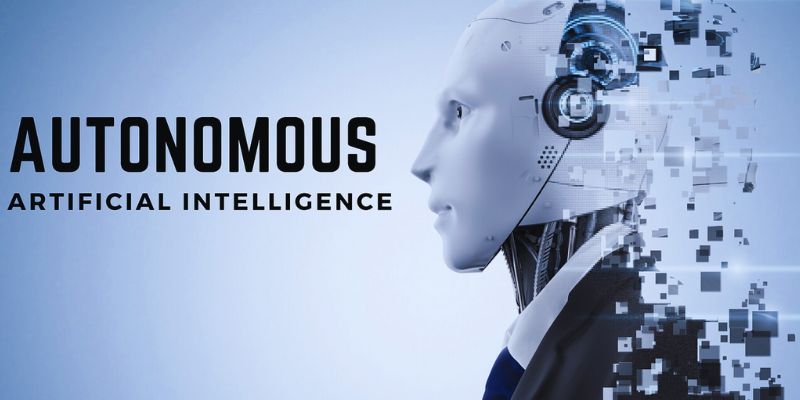
Autonomous AI is shaping the future due to its efficiency, cost-effectiveness, improved customer interactions, and strong memory

Explore how ChatGPT’s Code Interpreter executes real-time tasks, improves productivity, and redefines what AI can actually do.
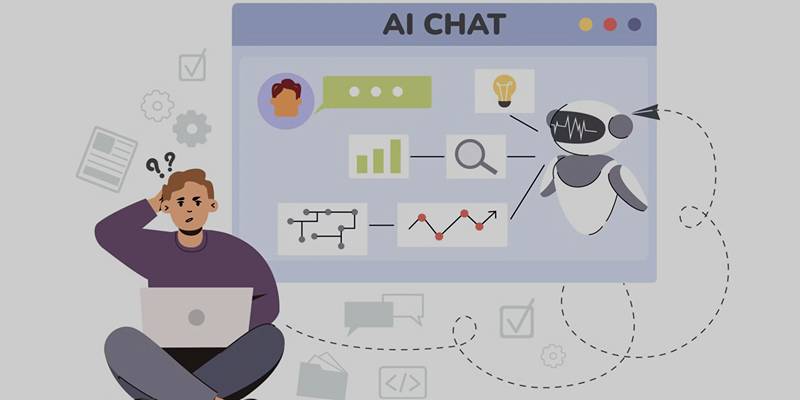
Explore the growing popularity of AI chatbots and their role in delivering faster, smarter support to users everywhere.

Compare Claude and ChatGPT on task handling, speed, features, and integration to find the best AI for daily use.

How nature-inspired optimization algorithms solve complex problems by mimicking natural processes. Discover the principles, applications, and strengths of these adaptive techniques
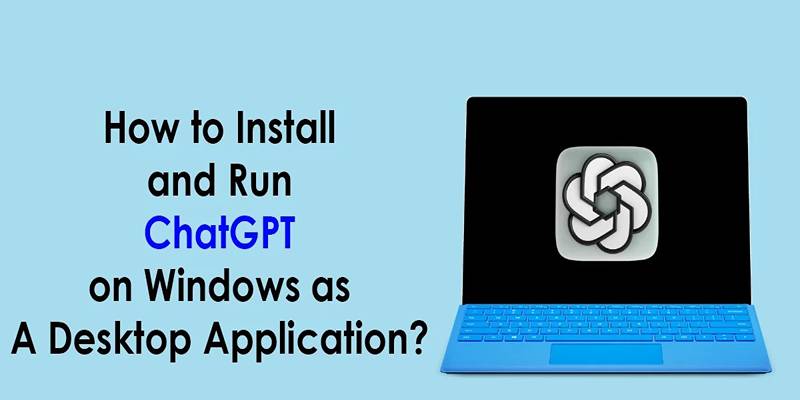
Install and run ChatGPT on Windows using Edge, Chrome, or third-party apps for a native, browser-free experience.

Snowflake’s text embedding models are revolutionizing data management by making machine learning accessible within SQL environments. Learn how these models are reshaping business operations